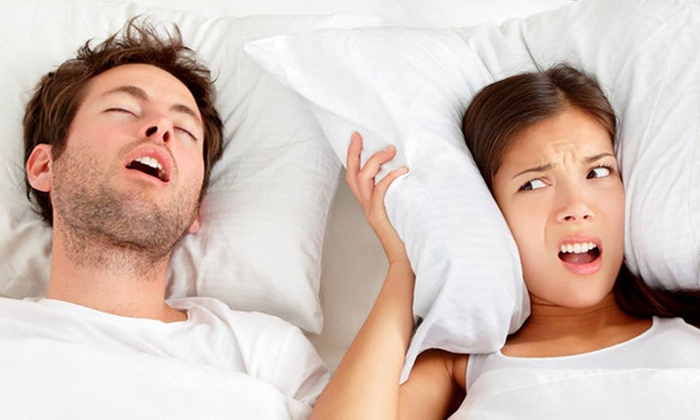Did you know that the quality of the sleep you get each night can seriously impact (positively or negatively) your effectiveness and productivity at work?
It’s suspected that at least one third of workers get inadequate sleep – less that 7 hours – leading to an increased difficulty concentrating, learning, and communicating. And of those who do get the 7 hours, few are getting the necessary 1.5-plus hours of delta sleep (slow wave sleep or N3) which is necessary for your body to repair itself and recharge for the next day.
Without this “deep sleep” your organs can’t detox, your kidneys can’t clean your blood, and your body can’t replace cells, heal wounds, or build muscle tissues. And that fully rested feeling when you wake up is replaced by a grogginess or feeling disoriented, at least until you get going. Sound familiar?
Do this day after day and the cumulative effects of sleep deprivation become quite serious – reduced performance, increased risk of mistakes and even injury – all leading to a compromised bottom line for your employer and a reduction in your health.
That’s why with all new clients I ask whether they snore. Commonly the answer from most is they don’t, although their partner tells them they do. They then put snoring down to having had a “few drinks” or being a bit more tired or stressed at work … but the list of excuses tends to go on and on …
But snoring is nothing to be excused. If you snore it means your sleep is being disrupted, and your body is constantly being prevented from transitioning into a deeper sleep as you end up tossing and turning all night. In fact heavy snoring may be associated with obstructive sleep apnoea, a serious sleep disorder where the walls of the throat relax and come together during sleep, blocking off the airway above the voice box so you stop breathing momentarily.
But there’s a very serious side of snoring and sleep apnoea – it’s mighty dangerous. Apart from keeping your partner awake (and grumpy the next day) it’s a risk factor for heart disease, stroke, diabetes and many other health problems, let alone poor work performance.
So why do people ‘make light’ of their snoring? I can only assume it’s a fear of having to deal with a problem that appears to be difficult to treat. Let’s face it the last thing people want to deal with is using a CPAP (Continuous Positive Airway Pressure) machine and breathing like Darth Vader. It’s a very sexy thought – NOT. But reducing, or even eliminating snoring doesn’t have to be arduous.
Did you know it’s estimated that one in four men over the age of 30 years have some degree of sleep apnoea? It’s more common than asthma!
And a lot of the time people who snore don’t actually realise they are waking up to ‘kick start’ their breathing … and this can happen hundreds of times a night!
So if any of the following sound familiar it might be time to take action:
· daytime sleepiness, fatigue and tiredness
· poor concentration
· irritability and mood changes
· impotence and reduced sex drive
· need to get up to toilet frequently at night.
So what’s the solution?
If you suspect you have sleep apnoea then your first step should be to discuss the matter with your doctor who may refer you to a sleep clinic for assessment.
But there a number of things that make snoring worse …
· alcohol, especially in the evening
· illnesses that cause reduced thyroid production or the presence of a very large goitre
· large tonsils
· medications like sleeping tablets and sedatives
· nasal congestion and obstructions
Apart from avoiding the above where possible, by far, the best treatment for snoring and sleep apnoea is losing weight – especially if you carry it around the chest and neck areas.
Dr Lawrence Epstein, assistant medical director of clinical sleep medicine at Harvard-affiliated Brigham and Women’s Hospital says “If we can get people to lose weight, it would make both sleep apnoea and other health problems [such as heart disease] go away.” In fact losing just 10% of body weight can have a big effect on sleep apnoea symptoms. In some cases, losing a significant amount of weight can even cure the condition.
And the fastest way to do that is with my hCG Diet Program. And the great news is I’ve got a few places available right now in my program!
So if you’re keen to increase your work performance, reduce your snoring so you feel energised each day, then give me a call on 1300 93 13 48 to discuss how you can quickly shed your excess weight to a better night’s sleep!


